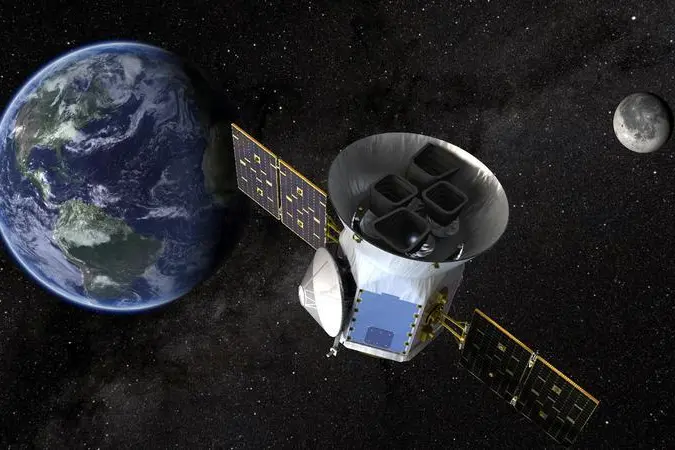PHOTO
LONDON - Britain’s space industry has taken a big step forward. A plan to create Europe’s first-ever rocket launch pad taps into a commercial desire to send satellites into the Earth’s orbit. The bright spot helps offset the Brexit-related row about the UK’s membership of the European Union’s Galileo satellite-navigation project.
Building a “spaceport” near Scotland’s northern tip could be regarded as an accident of geography. For safety reasons, vertical rocket launches cannot occur in Europe’s land-locked and highly populated mainland. Back in 2010 the UK government planned for a time when Britain’s space industry – underpinned by companies like Airbus, CGI and Qinetiq – could take advantage of the growing demand for small satellites, which are cheaper to build and launch. According to the UK Space Agency, these are popular with broadcasters, telecom providers, and users of navigation and positioning services.
The public investment is modest. U.S. giant Lockheed Martin and UK rocket maker Orbex will share a little over 30 million pounds with a local Scottish agency. Yet the project could lure specialist manufacturers and tech startups. Britain's business ministry estimates the spaceport could generate annual revenue of 3.8 billion pounds. That’s small when compared with the global space sector’s projected annual turnover of 400 billion pounds by 2030. Nevertheless, it’s a valuable boost. The UK Space Agency estimates government investment in the industry to date has produced an average sixfold return.
Britain could use the lift. European Commissioner Michel Barnier insists that the country won’t be able to take advantage of the military and security aspects of the Galileo project after it leaves the EU, as only the bloc’s member states can share and make use of such sensitive information. That’s frustrating for the UK government, which has contributed 12 percent of the project’s cost of 10 billion euros. Going it alone could cost the taxpayer between 3 billion pounds and 5 billion pounds, then Defence Minister Guto Bebb told a parliamentary committee last month.
Being an island has its advantages when it comes to launching satellites. But leaving the EU could nonetheless make joining the space race a costly exercise.
CONTEXT NEWS
- Lockheed Martin will build Europe’s first rocket facility for launching satellites into orbit in Sutherland, northern Scotland, the UK Space Agency, Department for Transport and Civil Aviation Authority said on July 16.
- The U.S. aerospace group will receive a grant worth 23.5 million pounds from the UK government. UK company Orbex will receive a further 5.5 million pounds to make the first rocket, while Highlands and Islands Enterprise, a Scottish government agency, will receive 2.5 million pounds to help build the spaceport. The first launch is expected in the early 2020s.
- Michel Barnier, the EU’s chief Brexit negotiator, said in a speech on May 14 that Britain’s involvement in the Galileo space project to develop a European alternative to the U.S.-owned GPS satellite-navigation system would need to be “put on a new basis”. He said the UK and its companies would no longer be part of security-sensitive aspects of Galileo after Britain leaves the European Union.
- UK business minister Greg Clark in June wrote to Chancellor of the Exchequer Philip Hammond asking for 100 million pounds to fund a feasibility study to develop a British rival to Galileo, the Financial Times reported on June 28.
(Editing by Peter Thal Larsen and Martin Langfield)
© Reuters News 2018





















